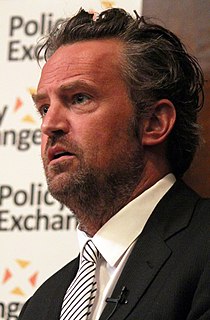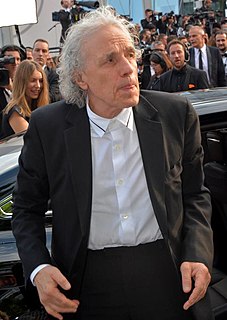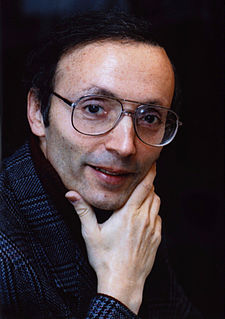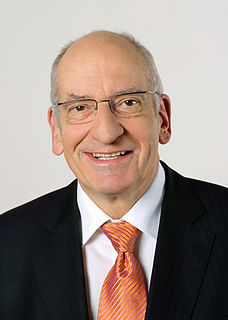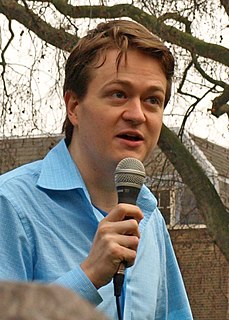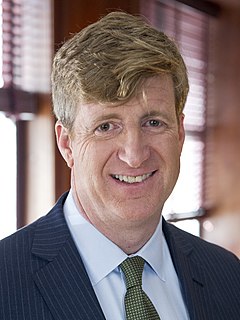A Quote by Matthew Perry
I think we need to educate our doctors about addiction.
Related Quotes
We have turned doctors into gods and worship their deity by offering up our bodies and our souls - not to mention our worldly goods. And yet paradoxically, they are the most vulnerable of human beings. Their suicide rate is eight times the national average. Their percentage of drug addiction is one hundred times higher And because they are painfully aware that they cannot live up to our expectations, their anguish is unquantifiably intense. They have aptly been called 'wounded healers.' " ~ Barney Livingston, M.D. (Doctors, 1989)
The relationships we have with our doctors are often the most trusted relationships of our lives. Our doctors tell us hard truths that others will not. We often tell our doctors what we will not tell others. We trust our doctors to give us the good, the bad and the ugly about our health so that each of us can make an informed decision.
In the Swiss government there is a will to limit the number of doctors themselves, because with new bilateral agreements with the European Union, there is what we call the "free flow of persons"; that our borders are open to immigration. And as the Swiss doctors are better paid than others, we could have a huge increase of immigration of doctors, more than we need. So we decided to limit the numbers of doctors coming into Switzerland. It is not a very intelligent system, but it is the best one that we have found to limit immigration of doctors.
The opposite of addiction is human connection. And I think that has massive implications for the war on drugs. The treatment of drug addicts almost everywhere in the world is much closer to Tent City than it is to anything in Portugal. Our laws are built around the belief that drug addicts need to be punished to stop them. But if pain and trauma and isolation cause addiction, then inflicting more pain and trauma and isolation is not going to solve that addiction. It's actually going to deepen it.
Opioid replacement therapy is the standard evidence-based model to treat people with acute opioid addiction, and that is unassailable according to every research study that's been done. If that is the evidence-based model, then why can't we meet the large-scale need that's out there? We can't because one, there aren't enough doctors who can prescribe [drugs like methadone], and two, there are these artificial limits [by insurers] on who doctors can prescribe to.
For my part, I think we need more emotion, not less. But I think, too, that we need to educate people in how to feel. Emotionalism is not the same as emotion. We cannot cut out emotion - in the economy of the human body, it is the limbic, not the neural, highway that takes precedence. We are not robots...but we act as though all our problems would be solved if only we had no emotions to cloud our judgement.
